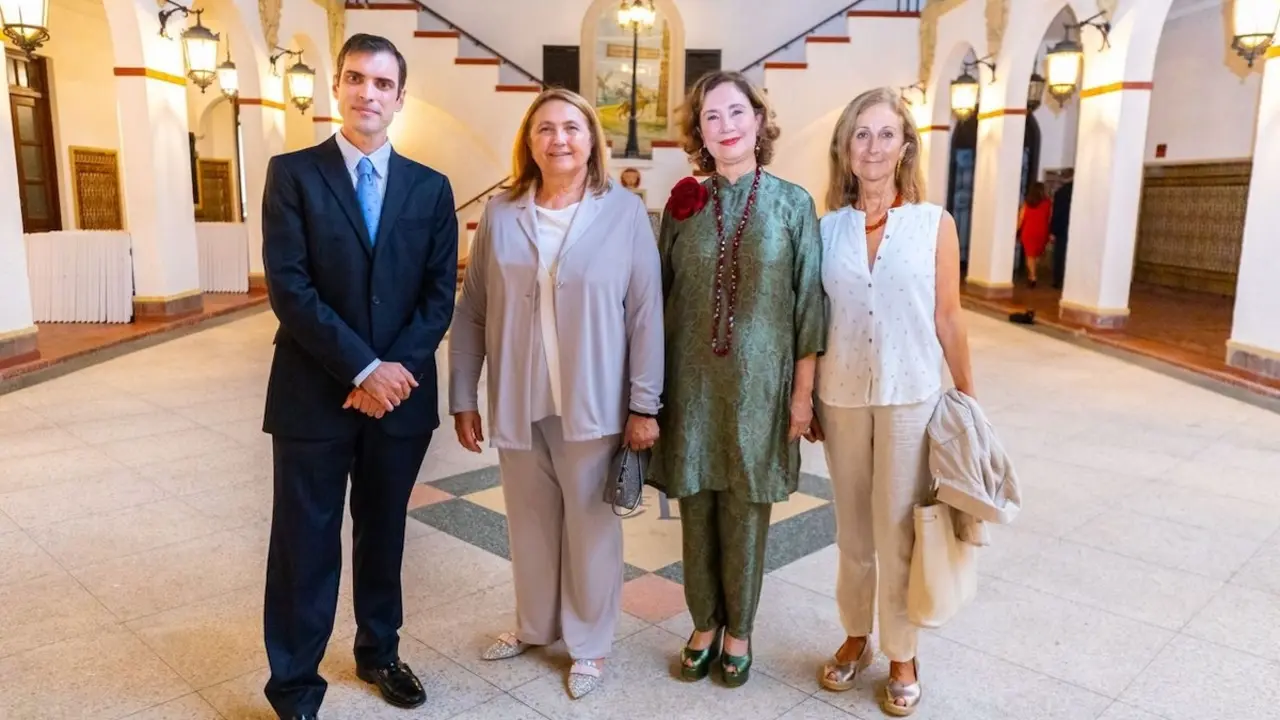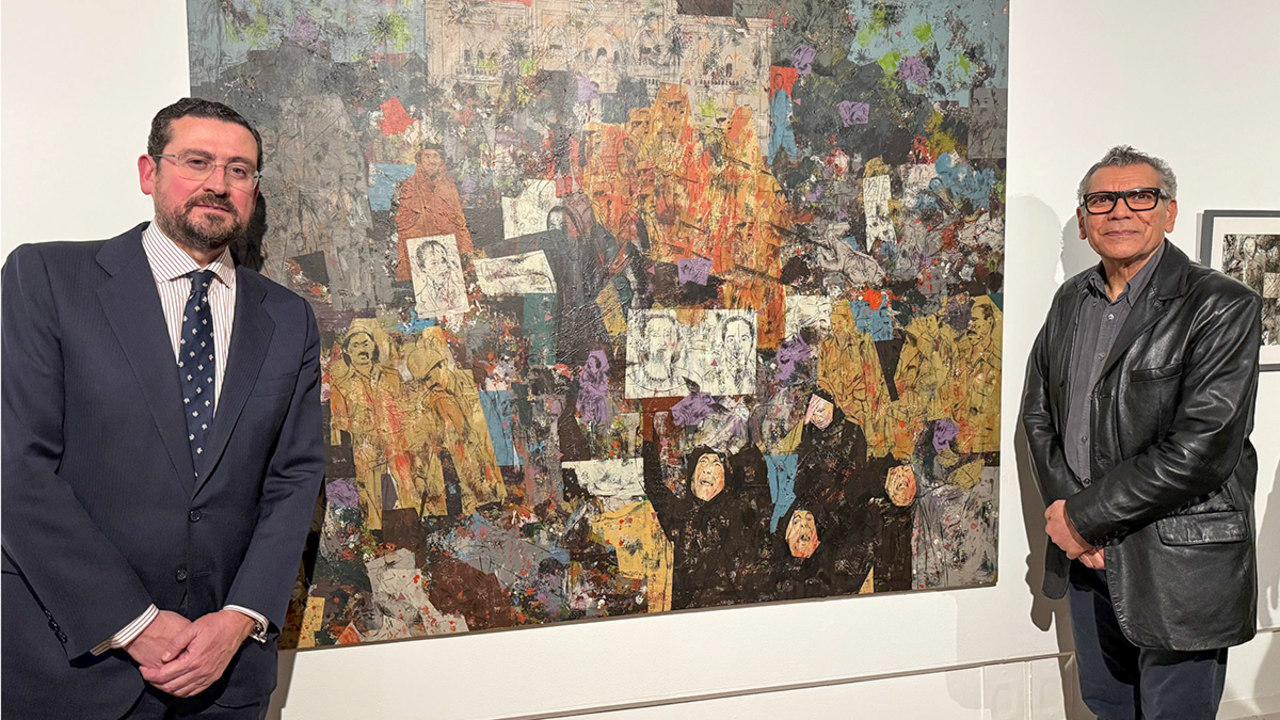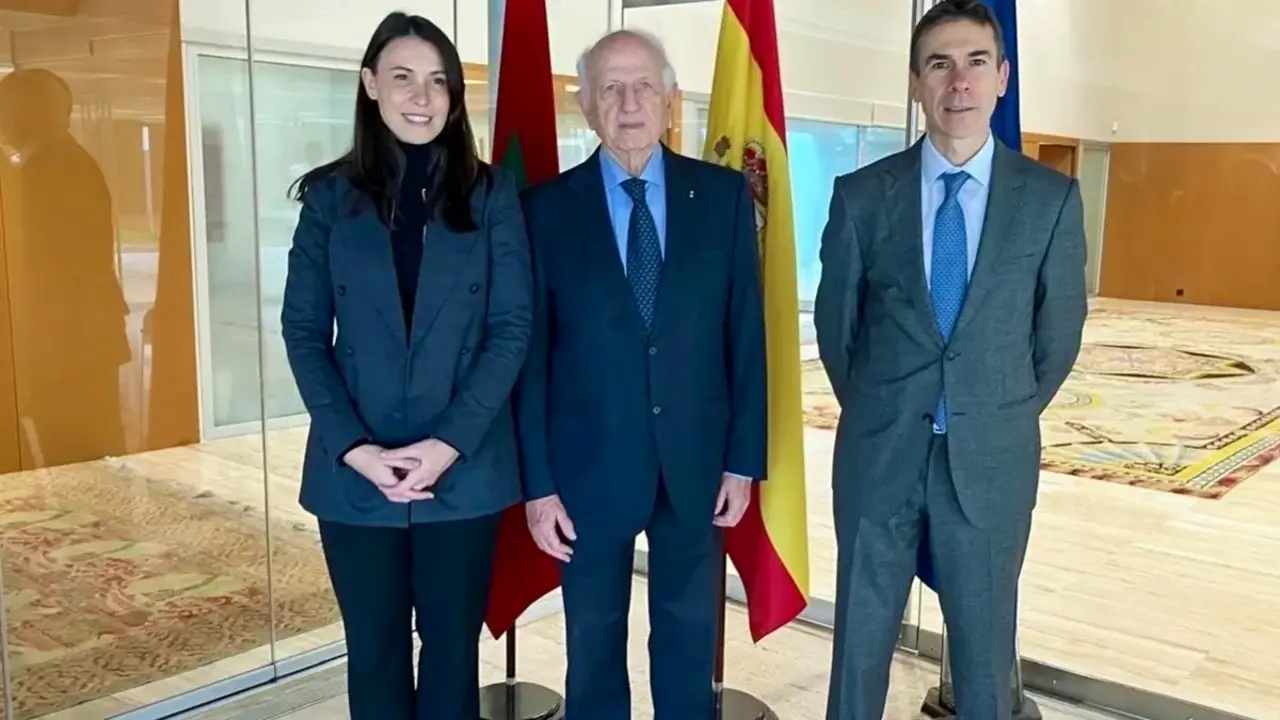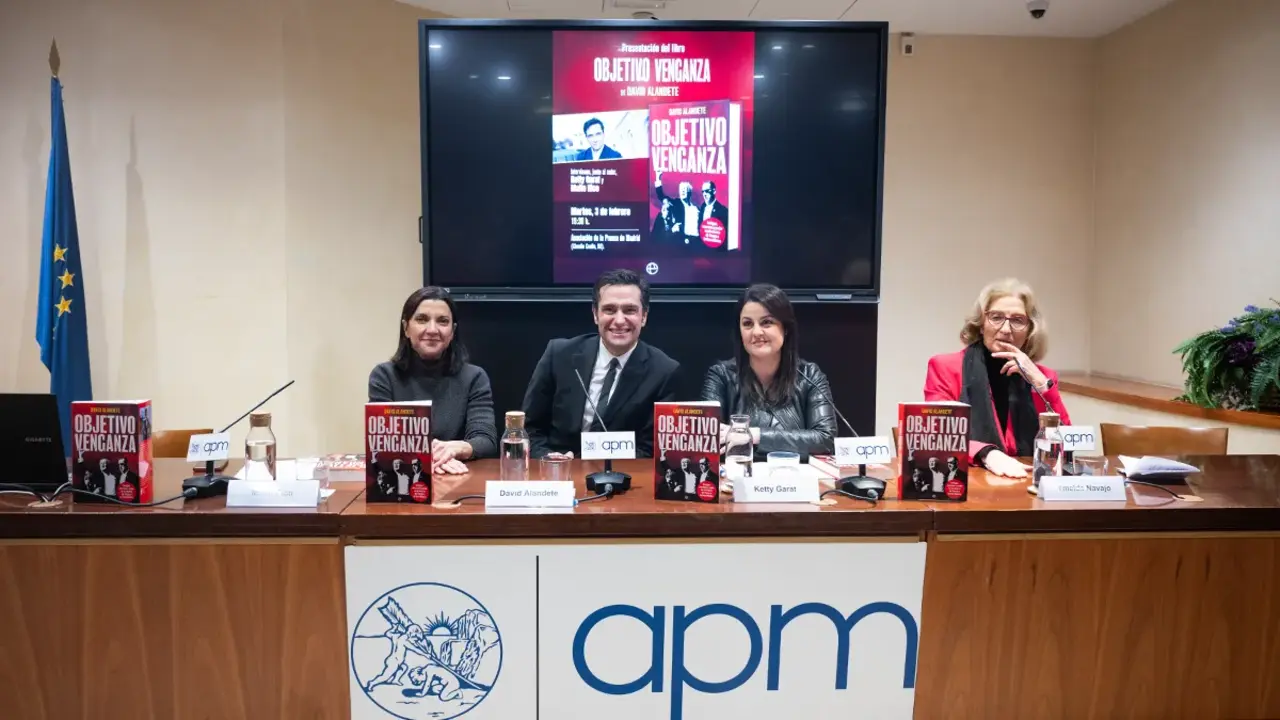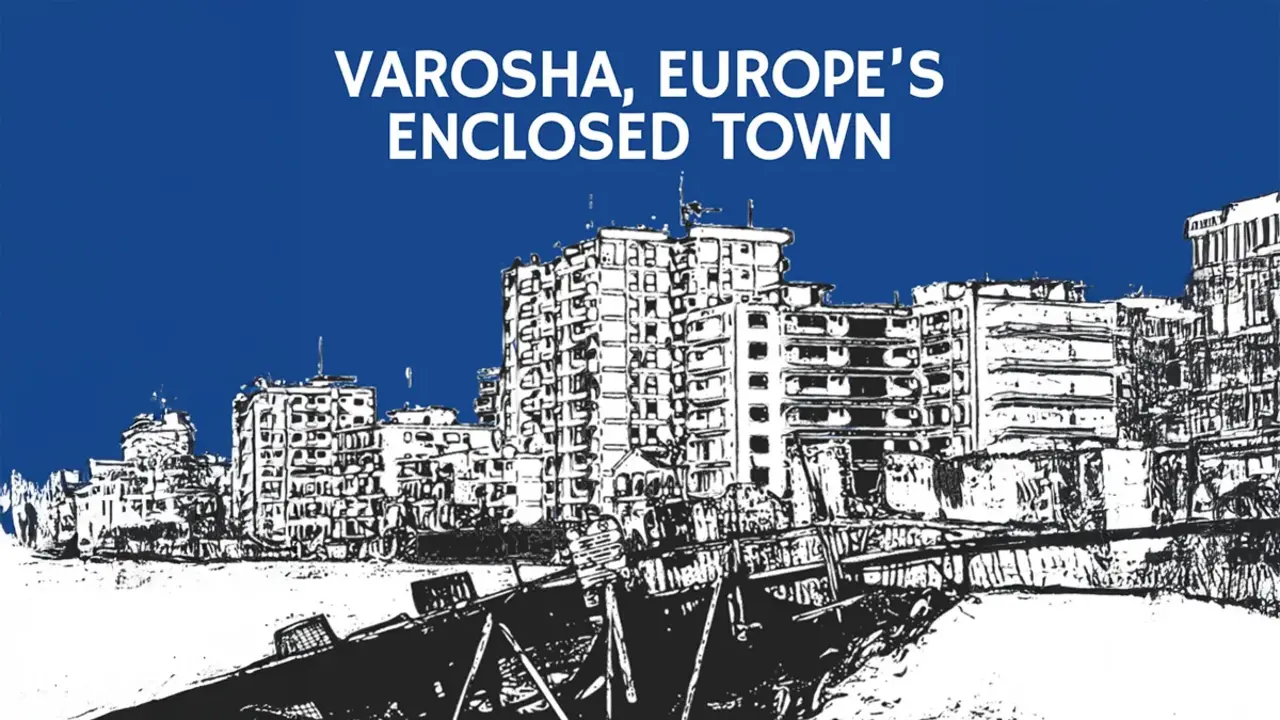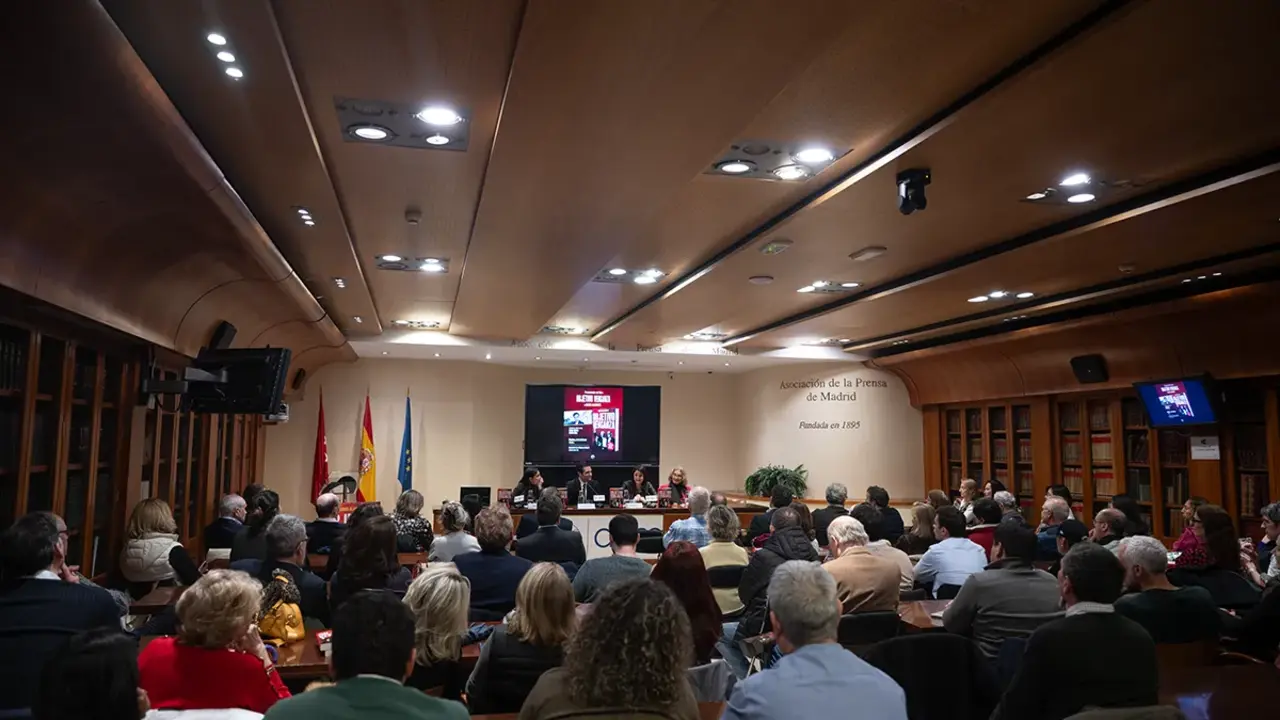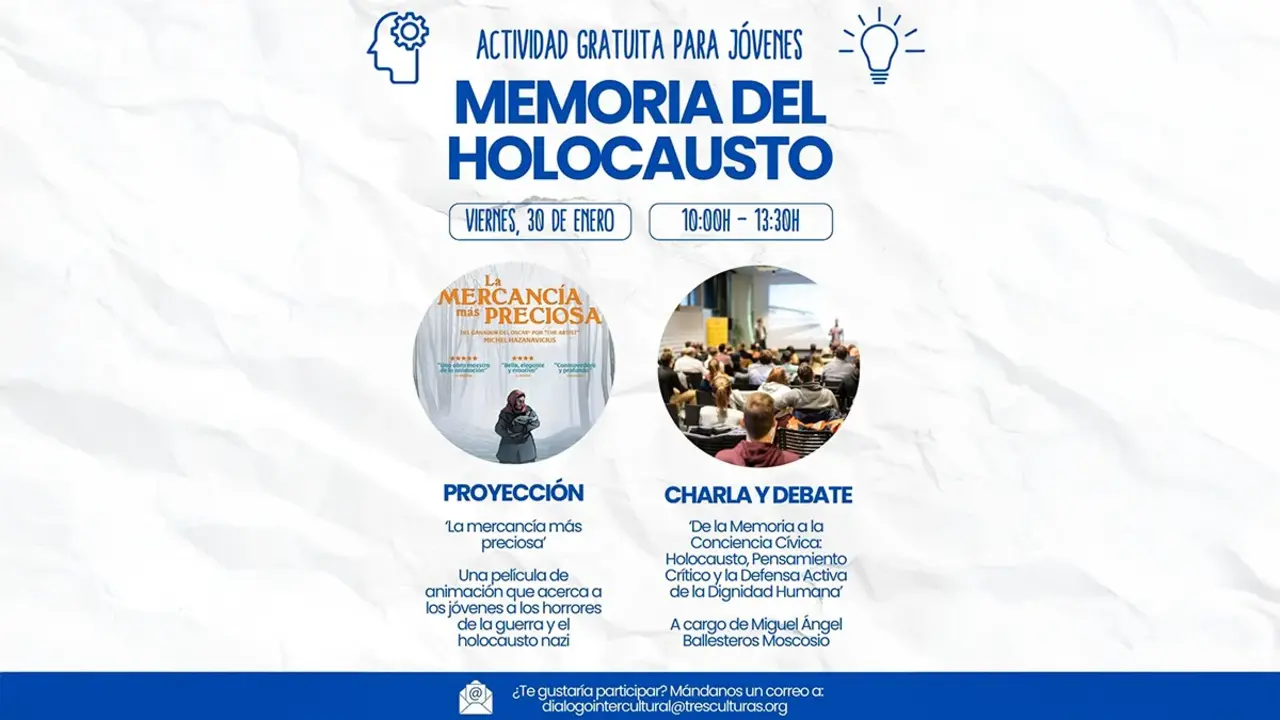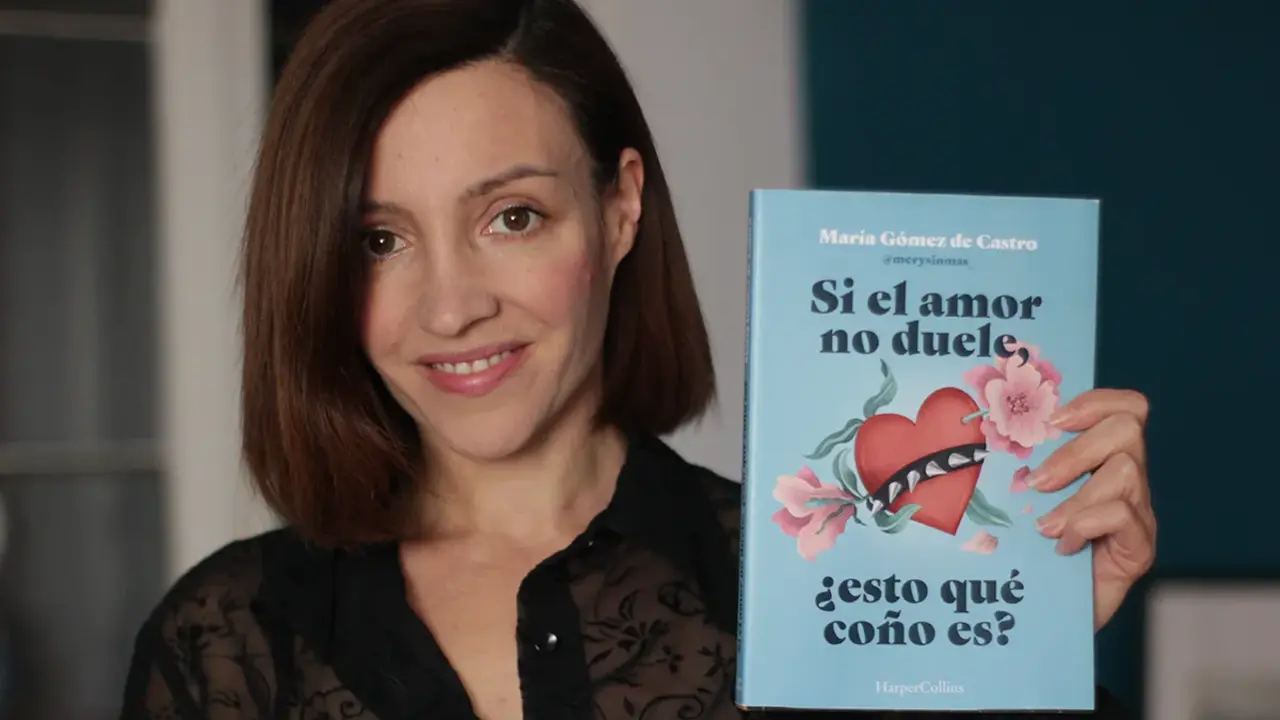The palette with which Max Aub drew the "Campalans", part of the writer's "in memoriam" bequest to the Caja de las Letras of the Cervantes Institute
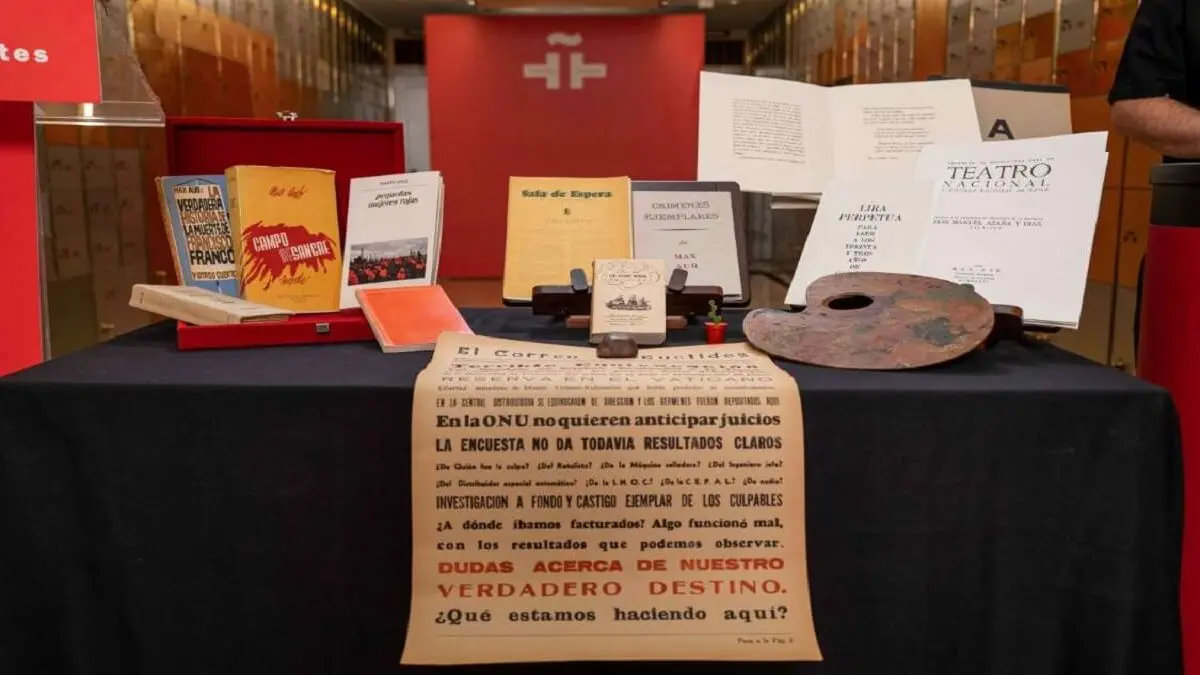
The Caja de las Letras of the Instituto Cervantes has been opened to receive the legacy "in memoriam" of the writer Max Aub, one of the key figures of Spanish literature in exile, from the hands of the president of the Max Aub Foundation and granddaughter of the author, Teresa Álvarez, who was accompanied by the director of the Instituto Cervantes, Luis García Montero, and the writer Marta Sanz, who acted as a witness of honour.
"Because you write to stay and if you don't achieve anything, nothing makes sense. I could live by just living, but I spend my life thinking about how, what to write in order to stay". Recalling this reflection by Max Aub, García Montero highlighted the writer's "awareness of history and human dignity": "To remain meant to keep the memory, a way of looking for roots, to have a dignified sense of belonging".
The extensive legacy kept in box 901 of the old vault of the institution consists of three facsimiles published by the Max Aub Foundation, donated in perpetuity to the Patrimonial Library of the Instituto Cervantes. Also deposited are the first editions of the magazines Crímenes ejemplares (1957) and Sala de espera (1960), the publication El Correo de Euclides with which Aub used to send Christmas greetings and the palette that Max Aub used to paint the "Campalans", drawings and paintings supposedly created by the cubist painter Jusep Torres Campalans, who in reality was a character invented by the writer, the protagonist of one of his most widely translated works, Jusep Torres Campalans (1958).
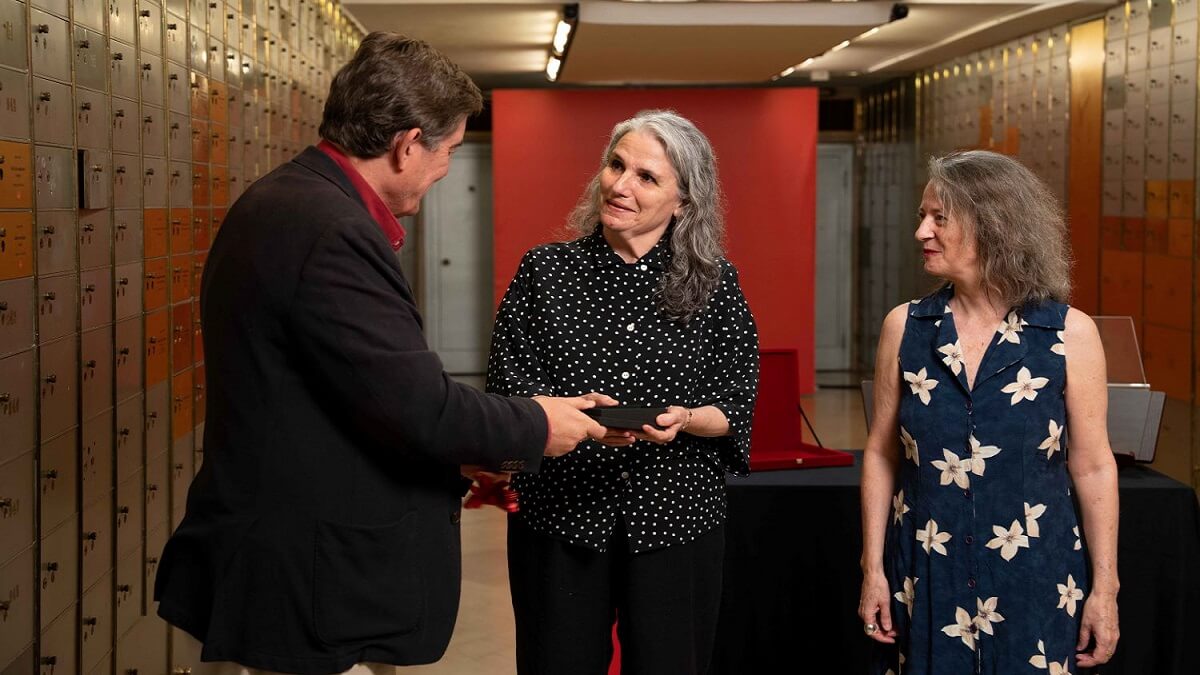
In addition, the Cervantes Institute has added to the legacy the first editions of the books "Diario de Djelfa" (1944), "Cuentos ciertos" (1955), "La verdadera historia de la muerte de Francisco Franco" (1969) and "Campo de sangre" (1945), the third volume of his series on the Spanish Civil War, "El laberinto mágico".
García Montero reviewed the difficult times that Max Aub had to live through (World War I, Spanish Civil War, World War II, concentration camps, years of exile in Mexico...) and stressed that Aub "represents that way of transmitting memory as part of the sense of belonging. With his "Campos" he received the inheritance of Galdós to leave a path along which Spanish writers have continued to work today".
According to the director of the Institute, "for Aub, the important thing was not to win or to be defeated, to be or to be banished, the important thing was to bear witness to the human dignity with which any chance must be faced".
"It is important to remember history so that no one can deceive us. To give meaning to the word 'remain' and to the word 'write'. We write to remain, to leave human testimony of the truth, and that is what we want to do with legacies: to commit ourselves to the truth", García Montero concluded, recalling today's date, 24 July - the day after the general elections in Spain - "where certainty has prevailed over chance".
For her part, Marta Sanz stressed the importance of this legacy as a "vindication and recovery" of the figure of the author: "The Transition was not entirely fair to Max Aub. We are still in time to repair these injustices and place him in the great place he deserves in the history of Spanish literature".
Max Aub: lucid humour and critical of his time
Spanish novelist, playwright, poet and critic of French and German origin Max Aub Mohrenwitz (Paris, 1903 - Mexico City, 1972) was a prolific author who left us a body of work full of lucid humour and accurate criticism of his time.
As a child, his family moved to Spain and in the 1920s he began to write experimental theatre. Concerned from his youth with the social and political reality of Spain, he committed himself to the Republic and collaborated with the French writer André Malraux on the Civil War film "Sierra de Teruel" (1945).
In 1942 he arrived in Mexico as an exile, after spending time in concentration camps in France and Algeria. There he earned his living in journalism and film as an author, co-author, director and translator of screenplays.
In exile he wrote the best of his work: the six novels and numerous short stories that make up "El laberinto mágico", two other great novels with a Spanish theme ("Las buenas intenciones" and "La calle de Valverde") and his most widely translated work, Jusep Torres Campalans, a biography of the character invented by the writer whose letters/drawings have been handed down in the bequest.
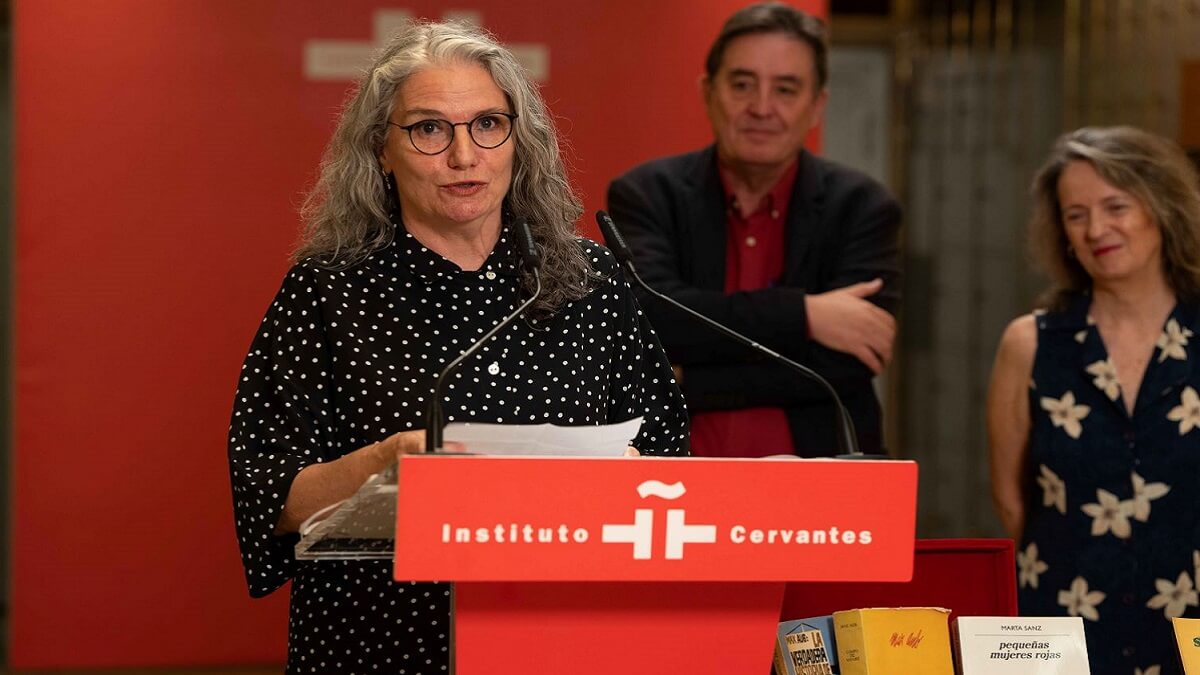
The author of countless short stories and plays, several books of literary essays and a history of Spanish literature, Max Aub's fame reached Spain, where censorship did not allow anything to be published until the 1960s.
This legacy closes the year of commemorations that have been held since July 2022 on the occasion of the 50th anniversary of Max Aub's death and the 25th anniversary of the establishment of the Max Aub Foundation, which was awarded the Gold Medal for Merit in Fine Arts in December 2021.
Submitted by José Antonio Sierra, adviser for Hispanism.

